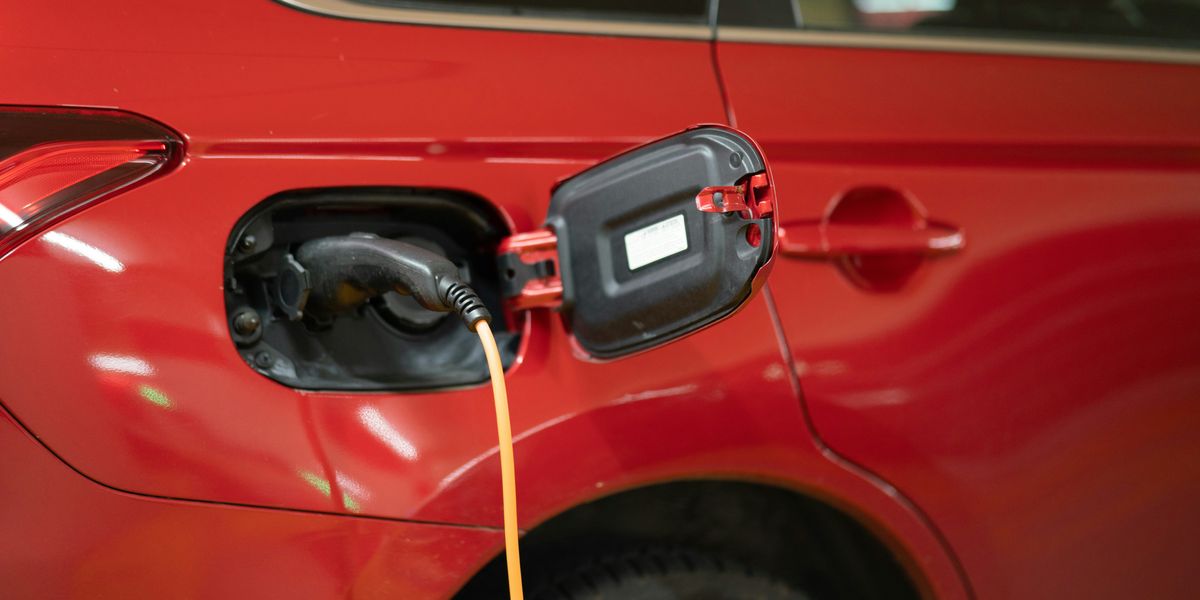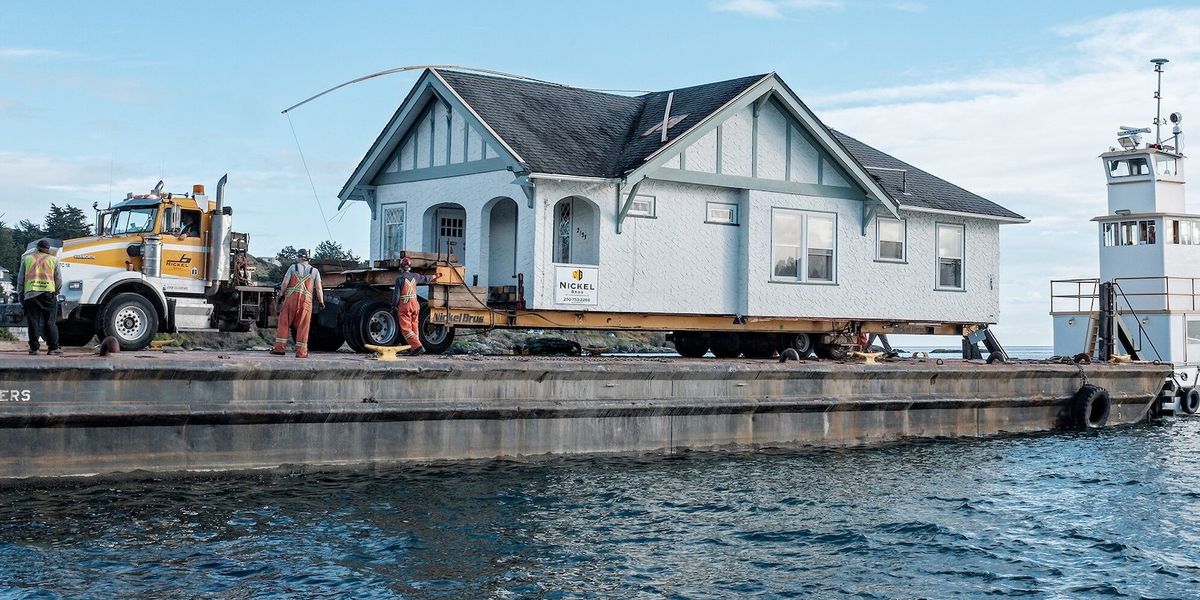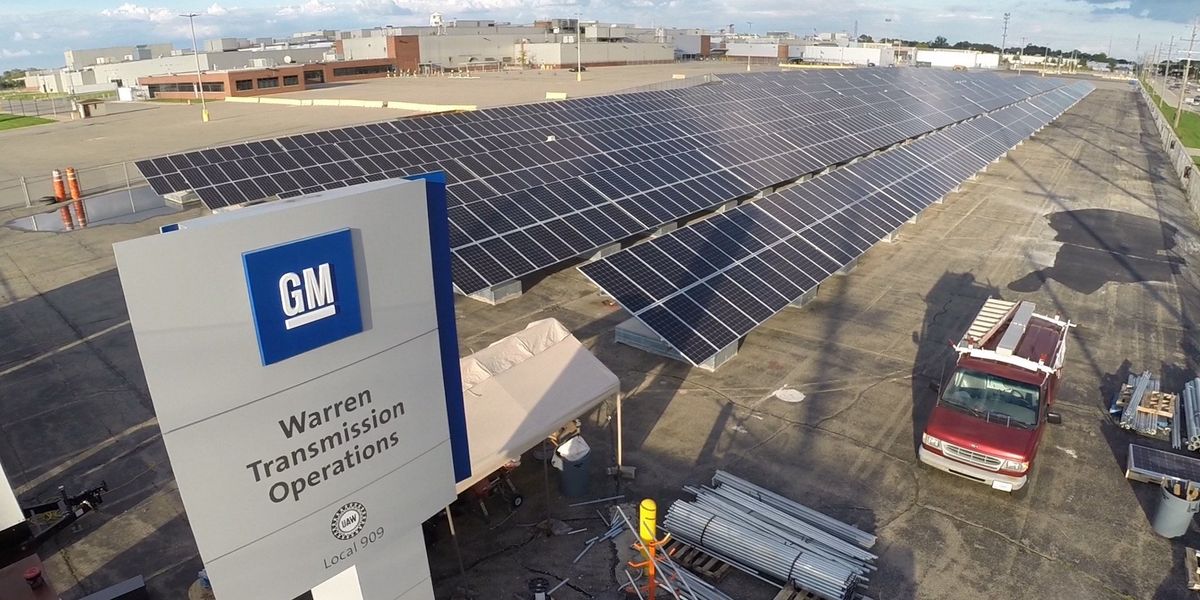people of color
After another year of record-breaking heat, a heightened focus on public health
New Orleans urban farmers prepare for overlapping climate disasters
Private equity giant KKR is funding environmental racism, new report finds
Keerti Gopal reports for Inside Climate News that climate impacts of the private equity industry create significant harm to BIPOC communities in Texas, Louisiana and British Columbia, Canada.
In a nutshell:
Private equity giant Kohlberg Kravis Roberts & Co. faces criticism for its involvement in fossil fuel projects, despite its 2022 sustainability report claiming commitment to environmental responsibility. A recent report by the Private Equity Climate Risks project highlights KKR's alleged empty promises and their adverse impact on marginalized communities. This includes three contentious projects: the Coastal GasLink pipeline in Canada, Port Arthur Liquified Natural Gas project in Texas and the Cameron LNG project in Louisiana, all accused of environmental racism. Calls for accountability and a shift toward renewable energy solutions are growing louder.
Key quote:
“Up to the present, these environmental violations and conflicts with community members have been occurring mostly in the dark,” said Alyssa Moore, co-author of the report and a researcher for the clean energy-focused data organization Global Energy Monitor.
The big picture:
Fossil fuel development carries significant health and environmental implications, particularly for marginalized communities. People of color often bear a disproportionate burden of these consequences. Exposure to air and water pollution from fossil fuel facilities can lead to respiratory diseases, cardiovascular issues, and a higher risk of cancer. These communities also face the brunt of climate change impacts, including extreme weather events and rising sea levels, exacerbating existing vulnerabilities. Environmental justice advocates stress the urgent need for equitable policies and a transition to cleaner energy sources to address these disparities and combat environmental racism.
Read the story at Inside Climate News.
Learn more about the far-reaching effects of pollution and environmental injustice: David Pellow, a professor of Environmental Studies at UC Santa Barbara, wrote a thought-provoking essay for EHN examining the link between environmental racism and criminalization.
Electric trucks could reduce air pollution, improve health
The Yale Climate Connections team writes about environmental justice advocates who are calling for a zero-emission freight transportation system.
In a nutshell:
Low-income Black and Brown communities are disproportionately affected by the harmful pollution caused by diesel trucks transporting cargo across the country. The Moving Forward Network, a nationwide coalition, is advocating for a shift to a zero-emission freight transportation system, embracing electric trucks powered by clean energy. While the EPA has introduced new rules for regulating truck emissions, they fall short of the coalition's ambitions, prompting calls for stronger regulations to ensure a healthier and happier life for those living near these concentrated vehicle routes.
Key quote:
“For people who have to live … in the area where a lot of these vehicles are concentrated, they just want to live a happy and healthy life,” Serenity Williams says. “And to do that, we need the stronger rules so the freight industry can be held to account for what they’re producing.”
The big picture:
As diesel trucks transport goods across the country, they release pollutants that contribute to climate change and negatively impact air quality. The burden of this freight pollution falls disproportionately on low-income communities of color, who often reside near highways, ports, and distribution centers. Exposure to diesel exhaust is linked to cardiovascular issues, cancer risk and even neurological impacts.
Read more at Yale Climate Connections.
More from EHN:
Regan Patterson argues that electrification isn't enough. Transportation justice requires a redistribution of power.
Krystal Vasquez reports on a study showing that low-income people of color in the U.S. are exposed to 28% more nitrogen dioxide in the air they breathe compared to their wealthier white counterparts.
LaTricea Adams and Felipe Benitez: America must clean up communities harmed by contamination and pollution
By addressing racial disparities in environmental grantmaking and empowering our communities with resources and support, we can ensure that everyone has the opportunity to thrive in a cleaner, greener, and more just world.



















